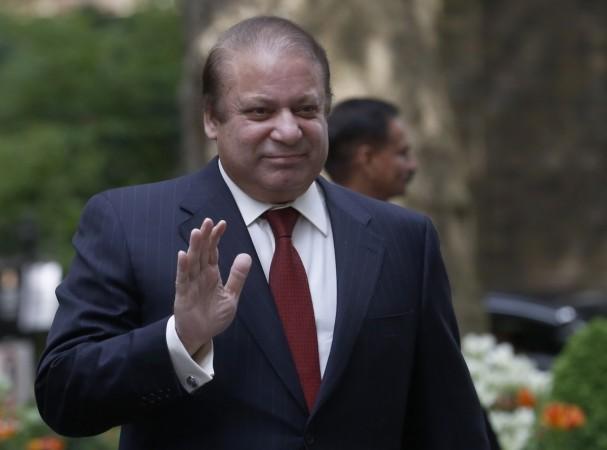
Another military coup looms large over Pakistan, with the Nawaz Sharif government facing increasingly strong protests and discontentment, both politically created and because of the poor state of affairs in the nation.
Former cricketer and leader of the Pakistan Tehrik-e-Insaf party Imran Khan plans to hold a massive protest on 14 August, the Pakistani Independence Day, against Prime Minister Sharif and to push for a fresh election, and about one million people are expected to participate, according to Foreign Policy.
Khan had claimed that the Sharif government had conducted an electoral fraud in the 2013 general elections in which his party won a mere 35 seats in the parliament.
It is not just Khan who has called for a protest against Sharif. Pakistani Awami Tehreek leader Dr Tahirul Qadri has also called for a "revolution march" on the same day.
Qadri, in fact, has given an ominous call for revolution, saying, "We will not return from Islamabad without bringing about revolution and without changing the system. Kill anyone who returns [to Lahore] without completing the job", as quoted by The Express Tribune.
Reports suggest that the anger fuelled by the political leaders and the growing public discontentment could make enough room for the army to step in through a coup, which would make it the fourth coup in the country since its Independence in 1947.
"Everybody's talking about the military alternative," Muhammad Waseem, professor of political science at the Lahore University of Management Sciences, told Bloomberg.
Khan, who is calling for the protest against Sharif, however, refuted that he was rooting for a military coup. "This (the protest) does not mean I am calling the army," Khan was quoted saying by Bloomberg. "Otherwise I would've said I don't recognize the elections from Day One. People are being scared that if you come out on the roads, the army will take over."
The general anger against Sharif is because of his failure to deliver on his electoral promises made last year, such as addressing the energy shortage that has gripped the nation. But the main protest against him is rooted in his record of crony and centralised governance.
What has added to speculations - of the military stepping in - is its tense relations with the current government. Sharif had been ousted in a coup by General Pervez Musharaf in 1999 and the two have shared hostile relations ever since.
Reports also suggest that the Pakistan Army does not approve of Sharif's approach to the Taliban issue in the country, with the latter attempting to reach out to the militants through talks.
The state of affairs in Pakistan are falling low enough for the Army to feel the need to step in, and a Pakistani analyst told the Eurasia Review that "Pakistan is passing through the worst time of instability in bloodshed and political dissent."

















